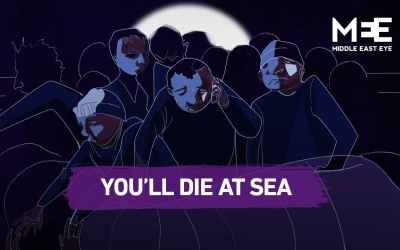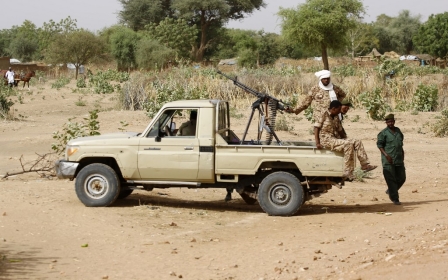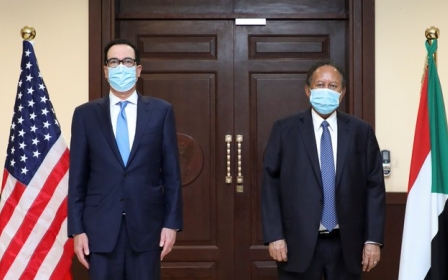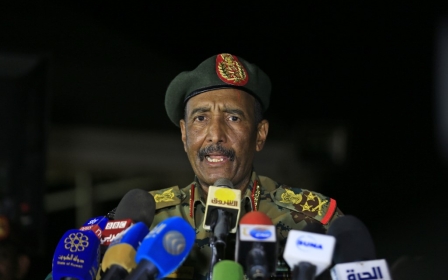Troops deployed in Sudan's Darfur after scores killed in clashes
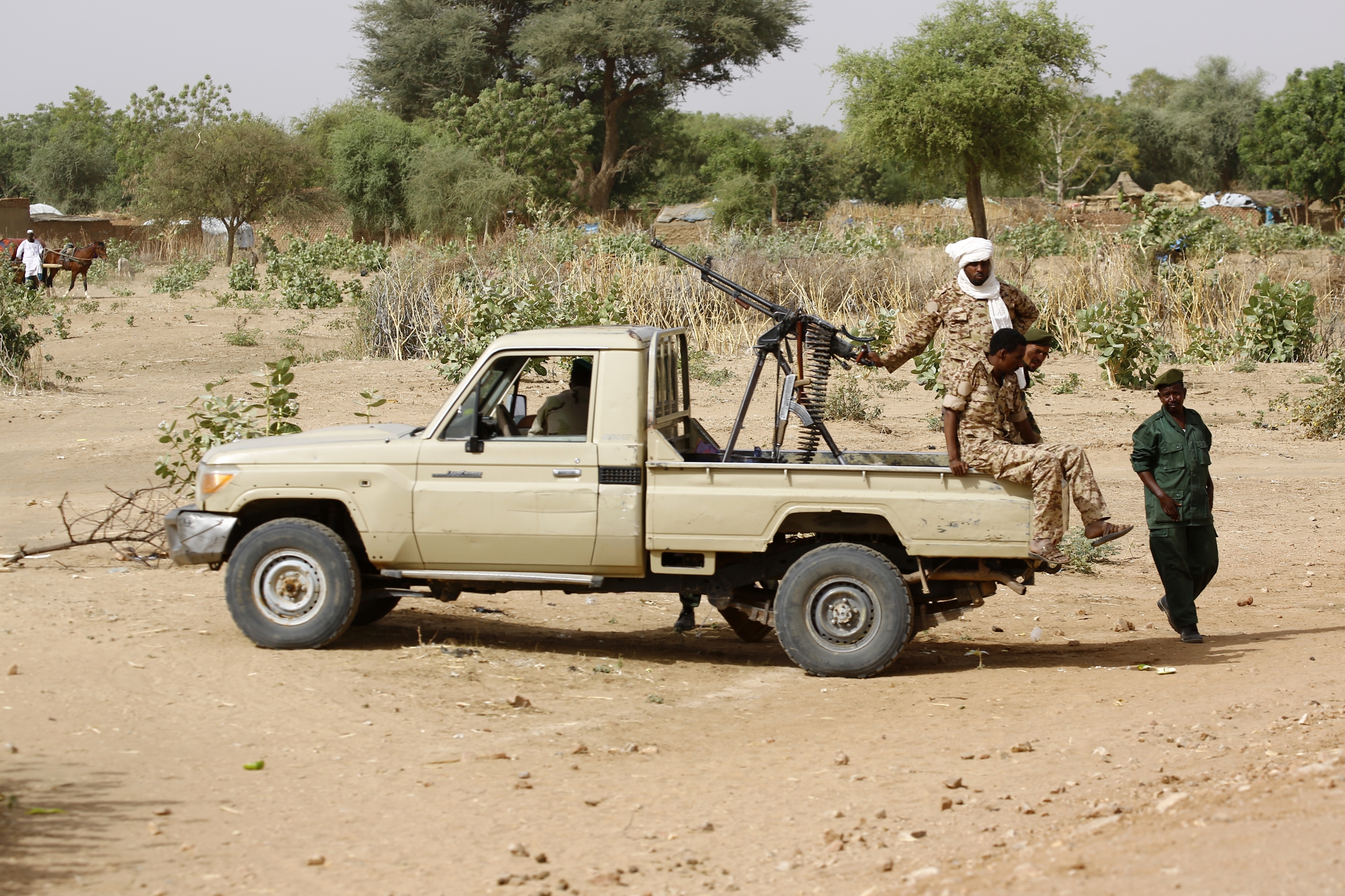
Calm returned to Sudan's Darfur region on Tuesday after troops were sent to help stop three days of inter-ethnic violence that has cost 155 lives and displaced tens of thousands, locals said.
The transitional government in the capital Khartoum has deployed military units to the remote region, where the recent end of a joint United Nations and African Union peacekeeping mission raised fears of more bloodshed.
Violence erupted on Saturday between Arab nomads and members of the non-Arab Masalit ethnic group in El Geneina, the capital of West Darfur, killing at least 100 people and wounding more than 130, the state's governor, Mohamed Abdalla al-Douma, said.
The clashes prompted some 50,000 people to flee areas in and around a camp for internally displaced people (IDPs), who had been driven from their homes in previous conflicts, said aid group Save the Children.
Authorities in West Darfur have imposed a statewide curfew as troops arrived there from Khartoum and other parts of Sudan to restore order.
"There have been no clashes since Sunday, but there were incidents of looting, especially of houses and farms of people living at the Kerindig IDP camp," Douma told AFP.
"The situation is calm in the state as security forces have spread in and around the city of El Geneina and Kerindig."
Douma said houses were burned and farm produce stolen in villages near El Geneina, but added that "we sent security to surround these villages and they are now secure".
Separate clashes on Monday in South Darfur between members of the Fallata ethnic group and the Arab Rizeigat tribe killed at least 55 people and wounded 37.
A heavy troop presence has also restored order there, the official SUNA news agency reported.
Tribal leader Mohamed Saleh told AFP by phone that "the situation is calm today in our village in South Darfur. There are no clashes.
But he said people were "tense, fearing the renewed outbreak of violence".
Peacekeepers leave
Among those killed in Saturday's violence in West Darfur was Sayid Ismail Baraka, an American citizen from Georgia whose family fled a conflict that had devastated Darfur in 2003.
His brother, Usumain, told AFP that Sayid had been visiting family when violence broke out.
"He was shot and killed in front of his family by militants who entered his home" in El Geneina, Usumain said.
The 2003 conflict in the vast and impoverished western region of Darfur killed some 300,000 people and displaced 2.5 million, according to the United Nations.
It flared when ethnic minority rebels rose up against dictator Omar al-Bashir's Arab-dominated government. Khartoum responded by unleashing a notorious Arab-dominated militia known as the Janjaweed from among the region's nomadic tribes.
Bashir was ousted by huge pro-democracy protests in April 2019, and the country has been in a rocky transition ever since, with a stand-in government trying to stabilise Sudan's conflict-torn south and west.
Bashir himself is on trial over the Islamist-backed 1989 coup that brought him to power, and is also wanted by the International Criminal Court on charges of genocide and war crimes in Darfur.
Fighting in the region has subsided over the years, but Darfur still sees occasional ethnic and tribal clashes, usually over land and water disputes between semi-nomadic Arab pastoralists and settled non-Arab farmers.
The latest violence came after the United Nations and African Union peacekeeping mission, UNAMID, ended its 13 years of operations in Darfur on 31 December.
Darfuris had protested against the blue helmets' departure, citing fears of renewed violence.
UNAMID plans a phased withdrawal of its 8,000 or so armed and civilian personnel within six months.
Middle East Eye delivers independent and unrivalled coverage and analysis of the Middle East, North Africa and beyond. To learn more about republishing this content and the associated fees, please fill out this form. More about MEE can be found here.


